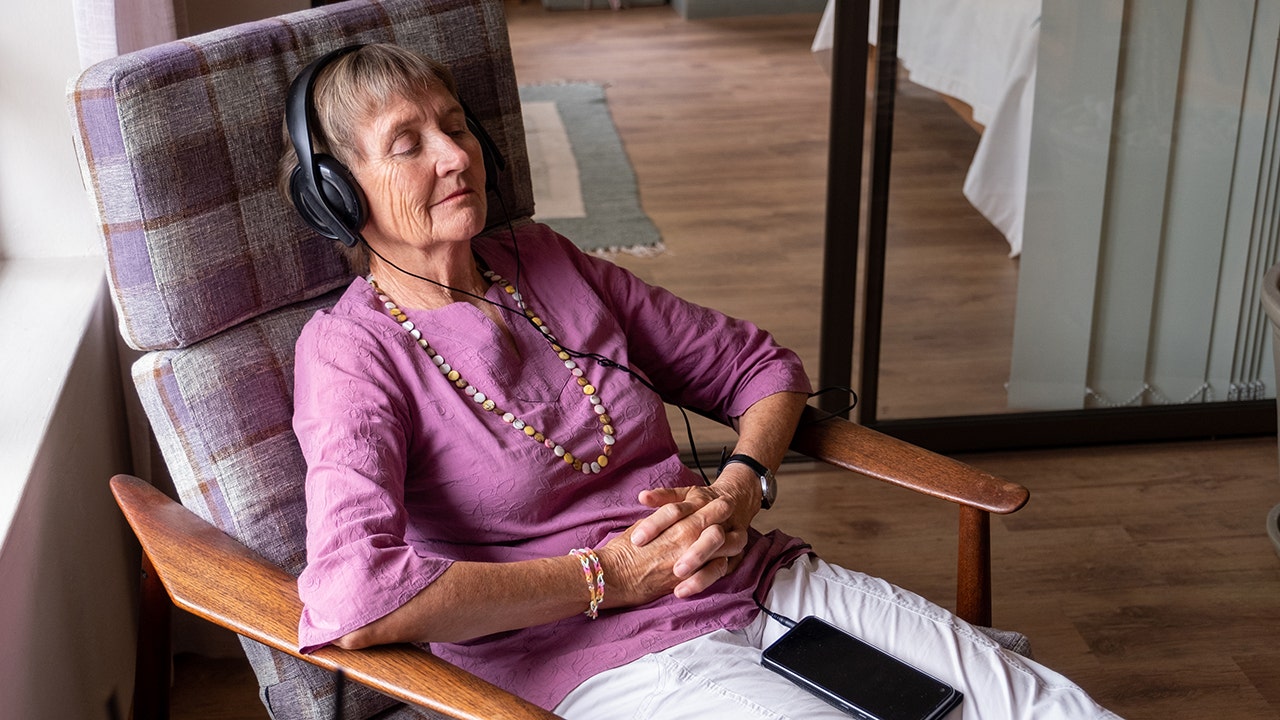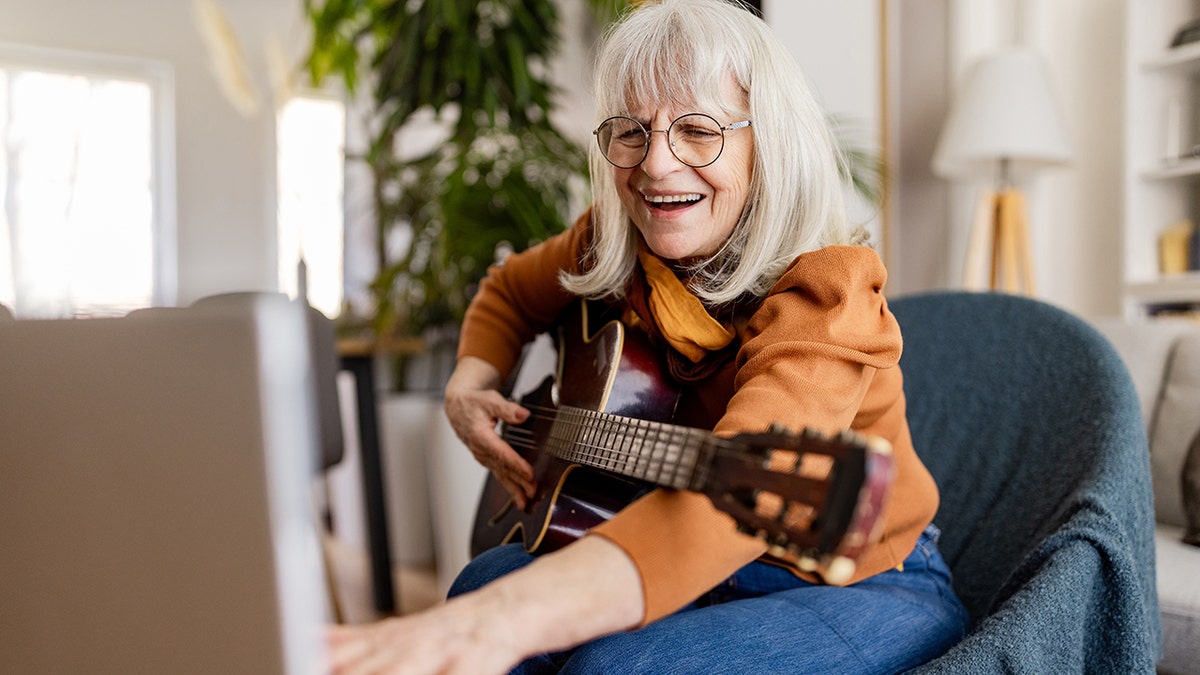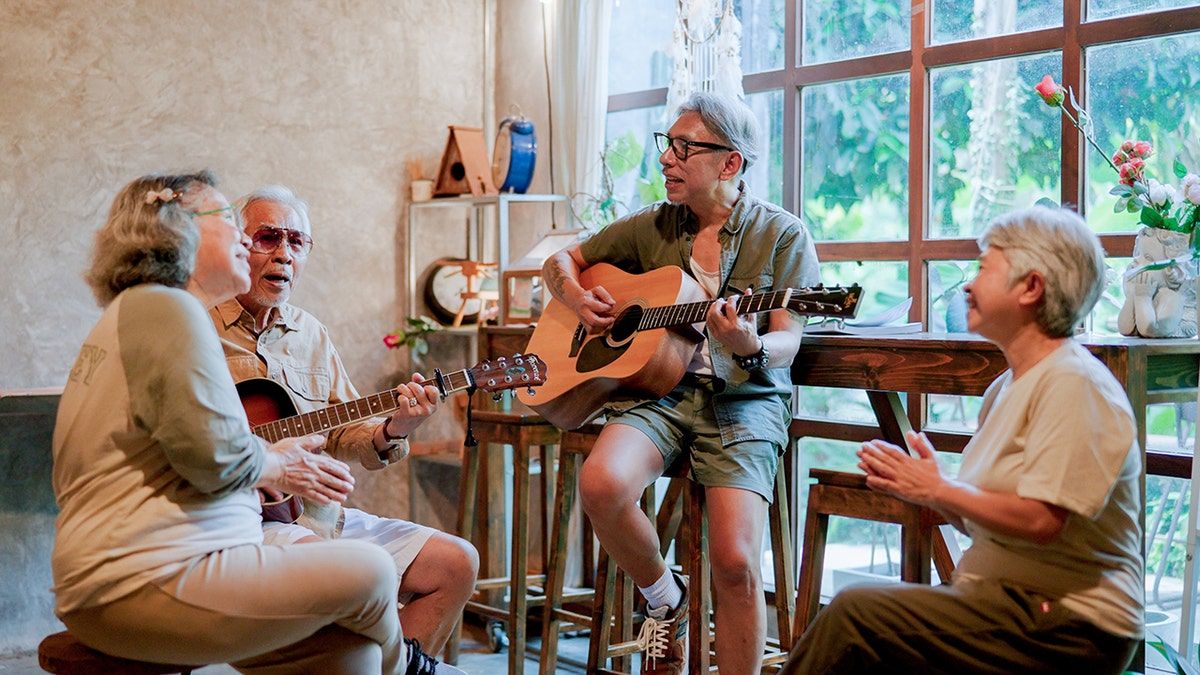Health
Too Sentimental to Declutter? Start Here.

Kim Allen doesn’t like clutter. But when it comes to some of her most sentimental items, she finds it hard to let go.
Near the top of the list is a ceramic creature that her daughter made years ago. It has one eye, a lolling tongue and a crop of blue hair. She displays it in a prominent place near her bathroom sink because it always makes her smile.
But there are other keepsakes that don’t bring the same kind of joy — such as memorabilia and artwork handed down from her relatives — that are only taking up space, physically and emotionally.
“Hopefully I will be retiring at age 67,” said Ms. Allen, who is 52 and lives in Sherrill, N.Y. “Do I really want to deal with all of this excess stuff then? No, I want to be having fun with my friends and family, enjoying the life I worked so hard to build.”
And yet for a long time, Ms. Allen felt uneasy about discarding the family heirlooms.
Sentimental items are among the hardest belongings to part with. The mementos can feel intertwined in our identity, particularly if they once provided us comfort or belonged to a loved one. Getting rid of them can signal that certain chapters of our lives have closed, said Selena Jones, a grief and trauma therapist in Ontario who coaches older adults in the art of decluttering.
“People get caught up in the fear that if they let something go that is sentimental, that they will forget the memory,” she said. But our memories live inside us, she added, not in our things.
If you’re looking to pare down some of your most meaningful items, here are gentle ways to get started from decluttering experts.
Build Your Decluttering ‘Muscle’
To kick off the process, reflect on why you want to declutter in the first place, said Dr. Carolyn Rodriguez, an expert in hoarding disorder and a professor of psychiatry and behavioral sciences at Stanford Medicine.
The “why” will serve as your motivation. For example, maybe you want to avoid leaving behind a slew of items for your children to sort through after you’ve died. Maybe you simply want a room or space to be more functional.
For Lee Shuer, 50, who lives with symptoms of hoarding disorder, making the choice to trim back his sentimental items was an enormous challenge at first.
His drive to collect things began in childhood. When he got his own space, stuff filled his home in Northampton, Mass., spilling onto the porch and choking the hallways. He eventually realized that he was clinging to things that reminded him of people, places and experiences from his past.
“I wanted to make room for my future,” Mr. Shuer said. He envisioned having a space that would be welcoming for friends, family and, eventually, a romantic partner. Now, he helps people declutter their homes, and leads workshops, which he helped develop, for those with hoarding disorder.
Once your motivation becomes clear, Dr. Rodriguez advises tackling the low-hanging fruit: the common areas that you use every day.
By focusing on decluttering the living room and the bathroom, for example, your efforts will be immediately visible and rewarding, Dr. Rodriguez said.
Then work your way up to the items that feel the toughest to discard.
Prioritize the Items That ‘Amplify Joy’
After his mother died, Joshua Fields Millburn, a host of the podcast “The Minimalists,” learned that the fewer sentimental items he had, the more value he got out of them.
“Because if everything’s sentimental, then nothing’s sentimental,” he said.
So rather than putting everything in a “clutter mausoleum,” he said, choose the few things that amplify your joy and consider displaying them, he advised.
Also ask yourself whether you would pay money for any given item again. If not, that’s a sign you should let it go, Mr. Millburn said. If you think you might want to look at it again, consider taking a picture and storing it in the cloud or a special folder in your computer.
Ms. Allen, who has managed to whittle down some of her more sentimental items, faced a tougher challenge when considering her deceased relatives’ hand-me-downs — but eventually she had to admit that she and her daughter didn’t want them.
At first, this made her feel guilty.
Emotions like this “keep us stuck, and it can lead to procrastination,” she said.
Do a Little at a Time, but Do It Consistently
To avoid becoming overwhelmed, Ms. Jones suggested making your task as small as possible. You might pick one room; one type of item, like a big stack of paper; or a pocket of time, such as every Saturday at 3 p.m. Then stick with it. Even if you only spend 10 minutes at a time decluttering, you’ll see progress.
Susan Litt, 49, in Richmond, Va., is continually sorting through the artwork that accumulated from her two children. “You can’t have 10 bins of things for your kids,” she said. “It’s overwhelming.”
Now that her children are teenagers, she asks for their input on what holds meaning and what can go. She also avoids trying to sort everything in one sitting — “that’s too drastic for me,” she said. Instead, she’ll return to the same pile of things in a few months.
Try These Decision-Making Techniques
If you’re not sure where to start, Dr. Rodriguez suggested, pick up an item and ask yourself two questions: 1) What comes to mind when you hold this item? 2) What if you got rid of it?
It’s often helpful to share your answers with a friend or family member, Dr. Rodriguez added. Simply talking about the item and the time period that it represents can sometimes help people let go, she added.
You can also ask a friend or neighbor to hold onto something you are considering parting with for a week, Mr. Shuer suggested. Then see how you feel when the week is up. Was it as difficult as you anticipated?
Steve Wobrak, 67, of Latrobe, Pa., said this strategy helped him to finally give away one of his daughter’s many elephant figurines — years after she died.
“I got some tears out,” he said. Parting with one sentimental item made getting rid of others a bit easier. He soon realized that the memories didn’t disappear, even if the items did.
“It’s OK to have emotional attachments,” Dr. Rodriguez said. “You just can’t keep all of the things.”

Health
Sparkling Protein Water Is Selling Out at Costco, but Can It Aid Weight Loss?

Use left and right arrow keys to navigate between menu items.
Use escape to exit the menu.
Sign Up
Create a free account to access exclusive content, play games, solve puzzles, test your pop-culture knowledge and receive special offers.
Already have an account? Login
Health
Listening to music after 70 may cut dementia risk by nearly 40%, new study suggests

NEWYou can now listen to Fox News articles!
A new study that suggests listening to or playing music could slash the risk of dementia might have you singing a new tune.
Adults over 70 who regularly listen to music were nearly 40% less likely to develop dementia — a group of cognitive disorders that cause a decline in memory, thinking and other mental abilities — according to a new study from Monash University in Melbourne, Australia.
Those who always listened to music showed a 39% lower risk of developing dementia and better memory performance, while those who played instruments had a 35% lower risk.
STUDY REVEALS WHY ‘SUPER AGERS’ MAINTAIN ‘OUTSTANDING MEMORY’ INTO THEIR 80S
Doing both offered an even greater protective effect against cognitive decline, the researchers, led by Monash honors student Emma Jaffa and Professor Joanne Ryan, found.
Researchers found that seniors who play an instrument or regularly listen to music may have better brain health in later years. (iStock)
“With no cure currently available for dementia, the importance of identifying strategies to help prevent or delay onset of the disease is critical,” Ryan said in a statement.
“Evidence suggests that brain aging is not just based on age and genetics but can be influenced by one’s own environmental and lifestyle choices,” she added.
EVEN SMALL AMOUNTS OF ALCOHOL LINKED TO HIGHER DEMENTIA RISK IN OLDER ADULTS, STUDY SHOWS
More than 10,800 adults aged 70 and older were tracked for several years as part of long-running Australian studies, and they were asked if they always, often, sometimes, rarely or never listened to and play music, according to the paper published last month in the International Journal of Geriatric Psychiatry.
Regularly engaging in both listening to and playing music also reduced the risk of mild cognitive impairment, which is less severe than dementia, by 22%, and was linked to higher scores in overall cognition and episodic memory, which helps people recall everyday events.

Playing a musical instrument later in life could help strengthen memory and thinking skills, scientists say. (iStock)
Dementia affects about 57 million people worldwide, according to the World Health Organization, and the findings suggest music may offer a simple way to help protect cognitive function, but do not prove that it directly prevents dementia.
TEST YOURSELF WITH OUR LATEST LIFESTYLE QUIZ
“Music activities may be an accessible strategy for maintaining cognitive health in older adults, though causation cannot be established,” the researchers noted.
The overall benefits of music were most pronounced among older adults with higher education levels — those who had completed at least 16 years of schooling — while results were mixed for those with a moderate level of education.
The findings add to growing research showing that creative, social and mentally stimulating hobbies such as music, reading and art may help keep the brain healthy in later life, with a 2022 meta-analysis from the U.S. and Japan reporting similar benefits for older adults who play musical instruments.

Staying mentally and socially active through hobbies like music may help keep the brain healthy. (iStock)
Dr. Morten Scheibye-Knudsen, an associate professor of aging at the University of Copenhagen, cautioned that while mental stimulation is encouraged, the science on it isn’t settled.
CLICK HERE FOR MORE LIFESTYLE STORIES
“In general, it is advised to train your brain, but the data is actually not that clear,” he recently told BBC Science Focus, noting that studies on activities like music, puzzles or learning new skills have shown mixed results.
Still, he noted, “There are additional benefits to playing an instrument … including increased social interactions — which has been shown to be very important as we age.”
Fox News Digital has reached out to the study’s authors for comment.
Health
TikTok’s Protein Matcha Burns Belly Fat and Is Easy To Make!

Use left and right arrow keys to navigate between menu items.
Use escape to exit the menu.
Sign Up
Create a free account to access exclusive content, play games, solve puzzles, test your pop-culture knowledge and receive special offers.
Already have an account? Login
-

 New York1 week ago
New York1 week agoVideo: How Mamdani Has Evolved in the Mayoral Race
-

 News1 week ago
News1 week agoVideo: Inside Our Reporter’s Collection of Guantánamo Portraits
-

 Milwaukee, WI4 days ago
Milwaukee, WI4 days agoLongtime anchor Shannon Sims is leaving Milwaukee’s WTMJ-TV (Channel 4)
-

 News5 days ago
News5 days agoWith food stamps set to dry up Nov. 1, SNAP recipients say they fear what’s next
-

 Politics1 week ago
Politics1 week agoAOC, Sanders rake in millions as far-left cements grip on Democrat Party
-

 Alabama6 days ago
Alabama6 days agoHow did former Alabama basketball star Mark Sears do in NBA debut with Milwaukee Bucks?
-

 Politics1 week ago
Politics1 week agoGrassley releases memo showing DOJ ‘unleashed unchecked government power’ on Trump associates
-

 News1 week ago
News1 week agoMap: Minor Earthquake Strikes Southern California

















